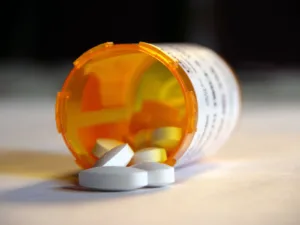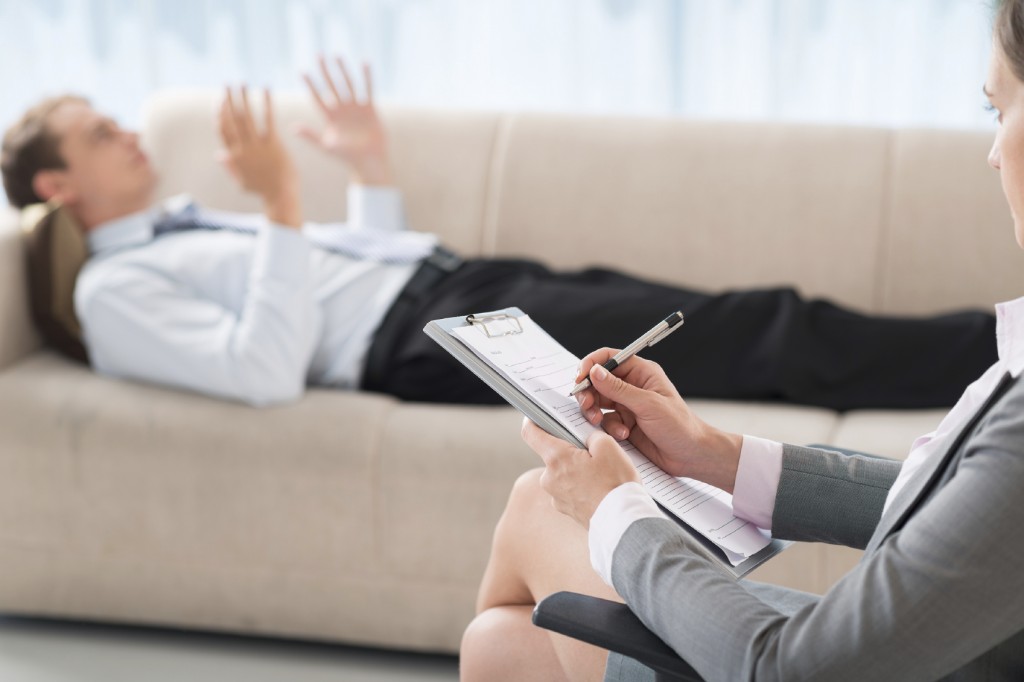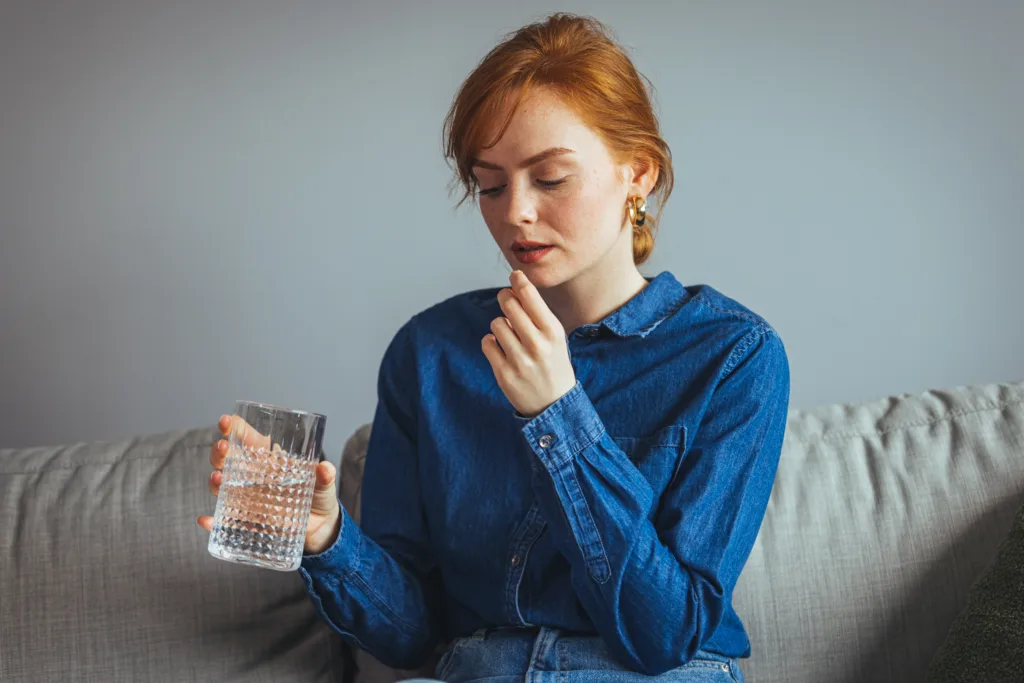
Like most people, you have a mini pharmacy of outdated prescription drugs in your medicine cabinet in the bathroom. If you use painkillers and/or other prescription drugs, they could be life-threatening should they accidentally be ingested or misused. So, how do you keep yourself and others safe from developing or feeding a drug addiction?
It’s all in how you use, store, and dispose of your prescriptions, and these 13 tips make living with prescription medications in your home much safer.
Responsibly using your prescription pills
- Take as directed
No more, no less. If instructed to take with food, never take your medication on an empty stomach. Never double your next dose to make up for any doses you may have missed. - Don’t share
Sharing is caring, but not in the world of pharmaceuticals. Sharing your drugs with someone to whom they’re not prescribed may just be a death sentence. You don’t know that person’s allergies or medical history. - Don’t play the doctors
Don’t deceive your doctors. If you’re taking your medication more often than prescribed, you should consult your main doctor or specialist—not shop for more medication. Don’t go from doctor to doctor and lie about your medical history. Self-medicating is not the answer. - Don’t let others pick up your refills
Do not ask anyone with a history of drug addiction or whom you suspect has an addiction to swing by the pharmacy on the way home. (Some pharmacies give the medication to the patient only.) - Keep an eye on the pills in your pillbox
If it’s Monday and your Thursday box is empty, someone in your home may be stealing your pills for recreational use.
Properly storing your prescription pills
- Keep 0ut of reach of children—including teens
Any drug is dangerous in the wrong hands—over-the-counter or prescribed—and teens are particularly susceptible to developing addiction to certain drugs. Keep your prescription pills locked in a safe place so your youngsters don’t get their mitts on ‘em from the medicine cabinet. - Keep pills in their original containers
The best way to keep track of prescribed dosage and expiration dates is to make sure your pills stay in their designated containers. - Store pill bottles in a cool, dry place
Humidity can contribute to the breakdown of your pills, making them less effective. - Keep pills away from windows
Keeping your prescriptions locked up is the best way to preserve their effectiveness and ensure they don’t get into the wrong hands. Sunlight can contribute to the deterioration of some medications.
How to dispose of your prescription pills and bottles
- Get rid of expired drugs
You don’t drink expired milk, so why would you even contemplate taking expired medication? The dates are on the bottles for a reason, mostly due to the medications’ lack of effectiveness after so long. Keep your storage up-to-date to maintain a manageable selection of necessary medications. - Destroy labels
For your own privacy and to prevent others with addiction problems from using your refills, cut up or shred the labels once your pill bottles are empty. - Avoid throwing out medicine in your home
If your loved one is suffering from addiction to prescription drugs, throwing them in the trash at home won’t prevent your loved one from accessing them. People desperate for a fix won’t hesitate to dig through the trash. Do not flush your unused or expired medication. Water treatment plants in the United States don’t have the technology to separate chemicals emitted from pills while filtering water, and many bottling companies don’t even test water for pharmaceuticals. - Research local drug disposal options
If you can’t dispose of expired or unused drugs at home, what can you do to get rid of them? One solution is to research your local drug disposal locations.
These steps are mere suggestions for maintaining a healthy and safe lifestyle while taking prescribed or over-the-counter medications to manage any medical condition. If you suspect yourself or a loved one of developing an addiction, contact the dedicated and compassionate staff at High Focus Centers today to see how our outpatient services can benefit you.
Recent Posts
- Oxygen Keeps Us Alive, but Dopamine Keeps Us Living
- The Rise of Delta 8, Vapes and Legal Highs and Why Outpatient Treatment Still Matters
- How Peer Pressure is Really Affecting Your Teen
- Recognizing When Stress Becomes Too Much: How Outpatient Therapy Helps You Regain Balance
- Helping Teens Navigate Peer Pressure at Halloween Parties in the Age of Social Media



